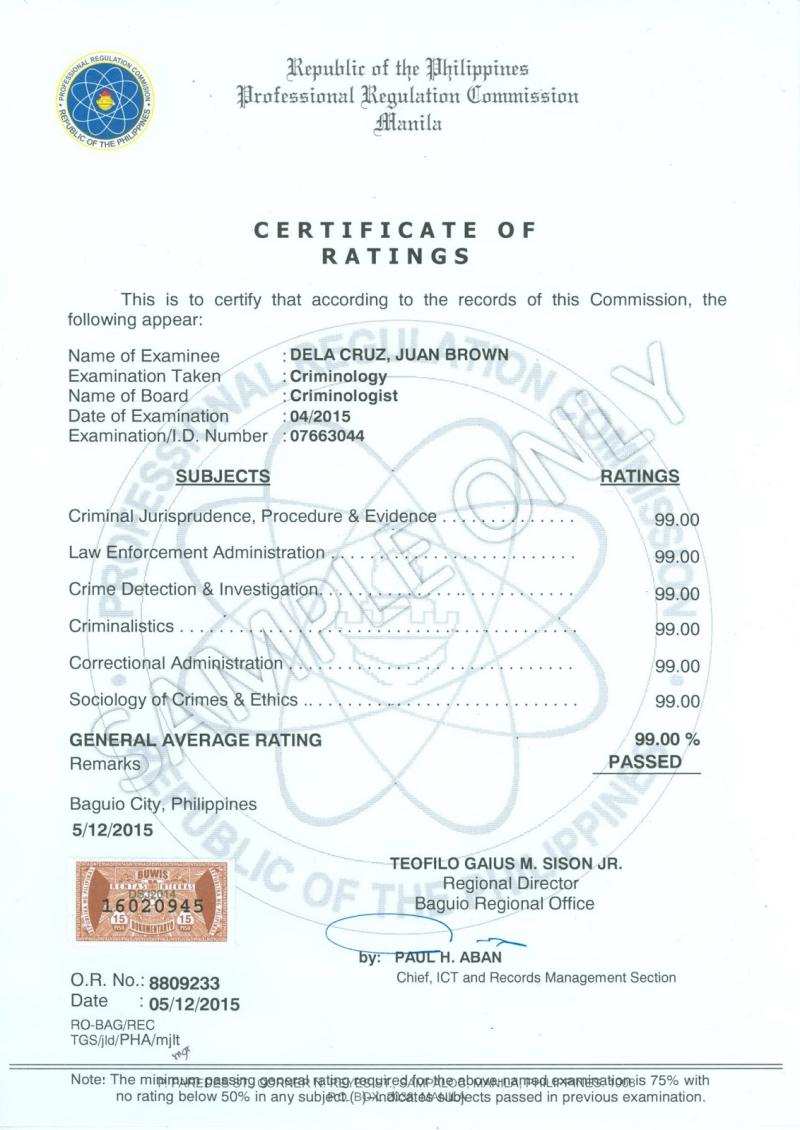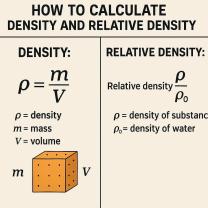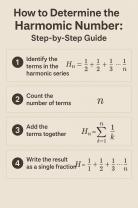What are the requirements for teacher licensure?
Teacher licensure requirements can vary significantly by state and sometimes by the specific subject or grade level you wish to teach. However, there are common elements that are typically part of teacher licensure:
Education: Most states require a bachelor's degree from an accredited institution. Some states may require a specific major or coursework related to education or the subject area being taught.
Teacher Preparation Program: Completion of an approved teacher preparation program is often necessary. This program can be part of a bachelor's degree in education or a post-baccalaureate program for individuals with a degree in another field.
Student Teaching or Practicum: Candidates typically need to complete a supervised teaching experience, such as student teaching or a practicum, where they work in a classroom under the guidance of an experienced teacher.
Exams: Passing scores on state-specific exams, such as Praxis tests or other state-mandated assessments, are commonly required to demonstrate subject knowledge and teaching skills.
Background Check: A criminal background check, including fingerprinting, is often required to ensure candidates have no disqualifying criminal history.
Pedagogical Training: Training in teaching methods, classroom management, and educational psychology is usually part of teacher preparation programs.
Content Area Competency: Demonstrating subject-matter competency, especially for secondary education teachers, often through coursework or exams related to the specific subject area being taught.
Professional Standards: Familiarity with and adherence to professional standards and codes of ethics set by the state's education department or teaching licensing board.
Application and Fees: Completing an application for licensure and paying applicable fees as required by the state licensing agency.
Continuing Education: Many states require teachers to engage in ongoing professional development and continuing education to maintain their teaching license.
It's crucial to check the specific requirements set by the state's department of education or licensing board where you intend to teach, as these requirements can vary widely. Some states offer alternative pathways to licensure for individuals with non-traditional backgrounds or career changers seeking to enter the teaching profession.
Additionally, there might be additional requirements or endorsements needed for teaching specific populations (such as special education or English language learners) or specific grade levels. Gathering information from the state's education department or speaking with a licensure advisor at a college or university can provide detailed guidance on meeting the teacher licensure requirements in a particular state.
Becoming a certified teacher involves a comprehensive process that encompasses academic qualifications, pedagogical skills, subject matter expertise, and ongoing professional development. The specific requirements vary by state, but there are common elements that form the foundation of teacher licensure across the United States.
Educational Requirements for Teacher Licensure
Bachelor's Degree: Completing a bachelor's degree in education is the cornerstone of teacher licensure. This degree provides a strong foundation in pedagogical principles, child development, and the teaching of specific subject areas.
Teacher Preparation Programs: Prospective teachers often participate in teacher preparation programs, which combine coursework with hands-on teaching experience. These programs provide the opportunity to develop practical teaching skills under the guidance of experienced educators.
Subject Matter Expertise and Pedagogical Skills
Subject Matter Expertise: Teachers are expected to have a deep understanding of the subject areas they intend to teach. This expertise ensures they can effectively convey knowledge to students and engage them in meaningful learning experiences.
Pedagogical Skills: Beyond subject matter knowledge, teachers must possess strong pedagogical skills. These skills include classroom management, lesson planning, instructional strategies, assessment techniques, and differentiation for diverse learners.
Passing Standardized Teaching Exams
Content Area Assessments: Teachers must demonstrate their proficiency in the subject areas they intend to teach by passing standardized content area assessments. These exams evaluate their knowledge of the subject matter and their ability to apply that knowledge in the classroom.
Pedagogical Competency Tests: In addition to content area assessments, teachers must pass standardized pedagogical competency tests. These tests assess their understanding of teaching principles, instructional practices, and student assessment techniques.
Background checks and criminal history clearances
Background Checks: School districts and state licensing boards conduct thorough background checks on all prospective teachers. These checks include verifying identity, education credentials, and criminal history.
Criminal History Clearances: Teachers must obtain criminal history clearances, demonstrating that they do not have any criminal convictions that would pose a risk to children. These clearances are essential for maintaining a safe and secure learning environment.
Continuing Education and Professional Development
Ongoing Learning: Teachers are committed to lifelong learning and professional development. They participate in ongoing education courses, workshops, and conferences to enhance their knowledge, skills, and teaching effectiveness.
Renewal Requirements: Most states require teachers to complete a certain number of continuing education credits to renew their teaching licenses. This ongoing professional development ensures that teachers remain up-to-date on current teaching practices and educational trends.
In conclusion, teacher licensure is a rigorous process designed to ensure that educators are qualified, knowledgeable, and committed to providing high-quality instruction to their students. The requirements for licensure reflect the importance of teachers' expertise, skills, and dedication in shaping the future of our children.










